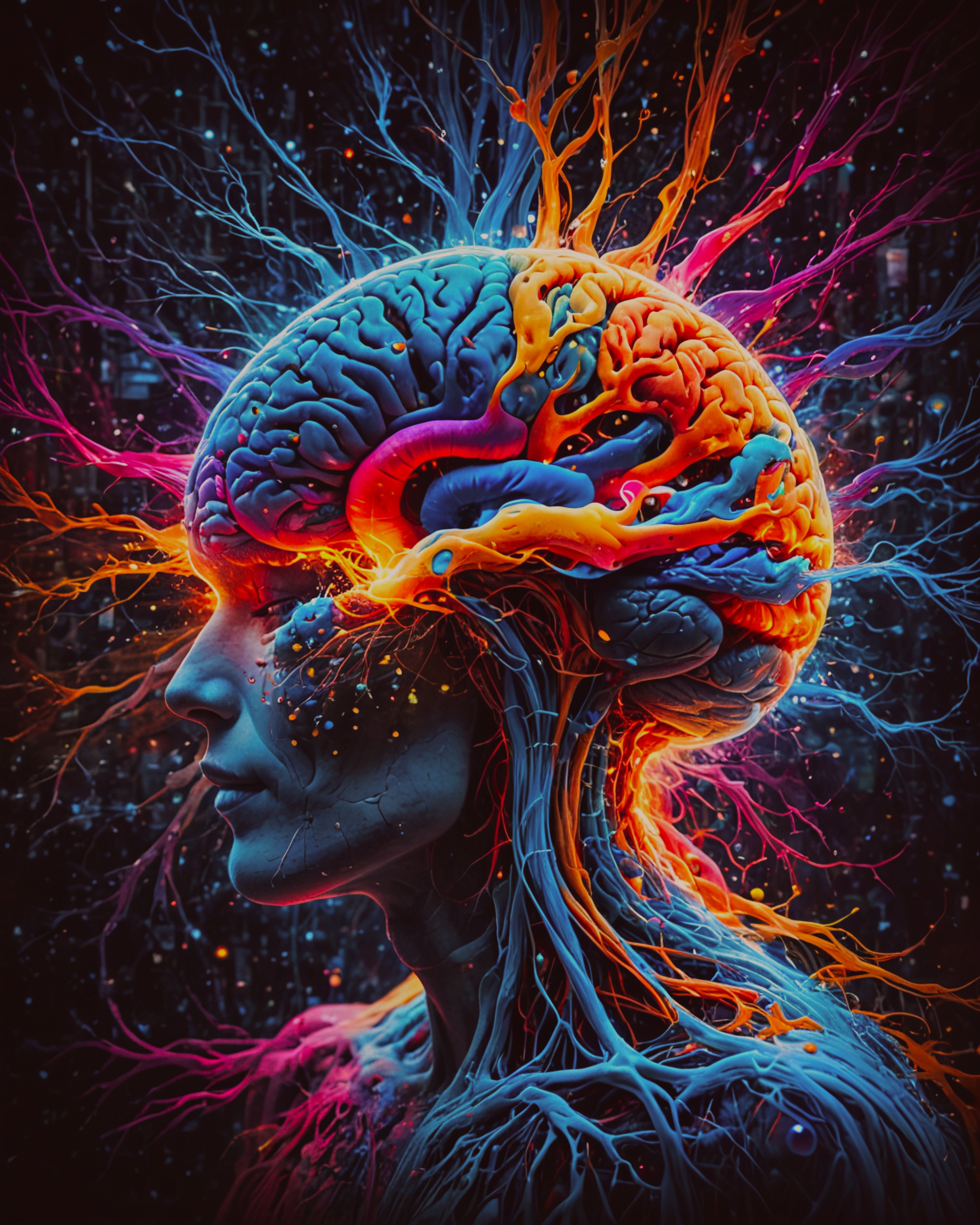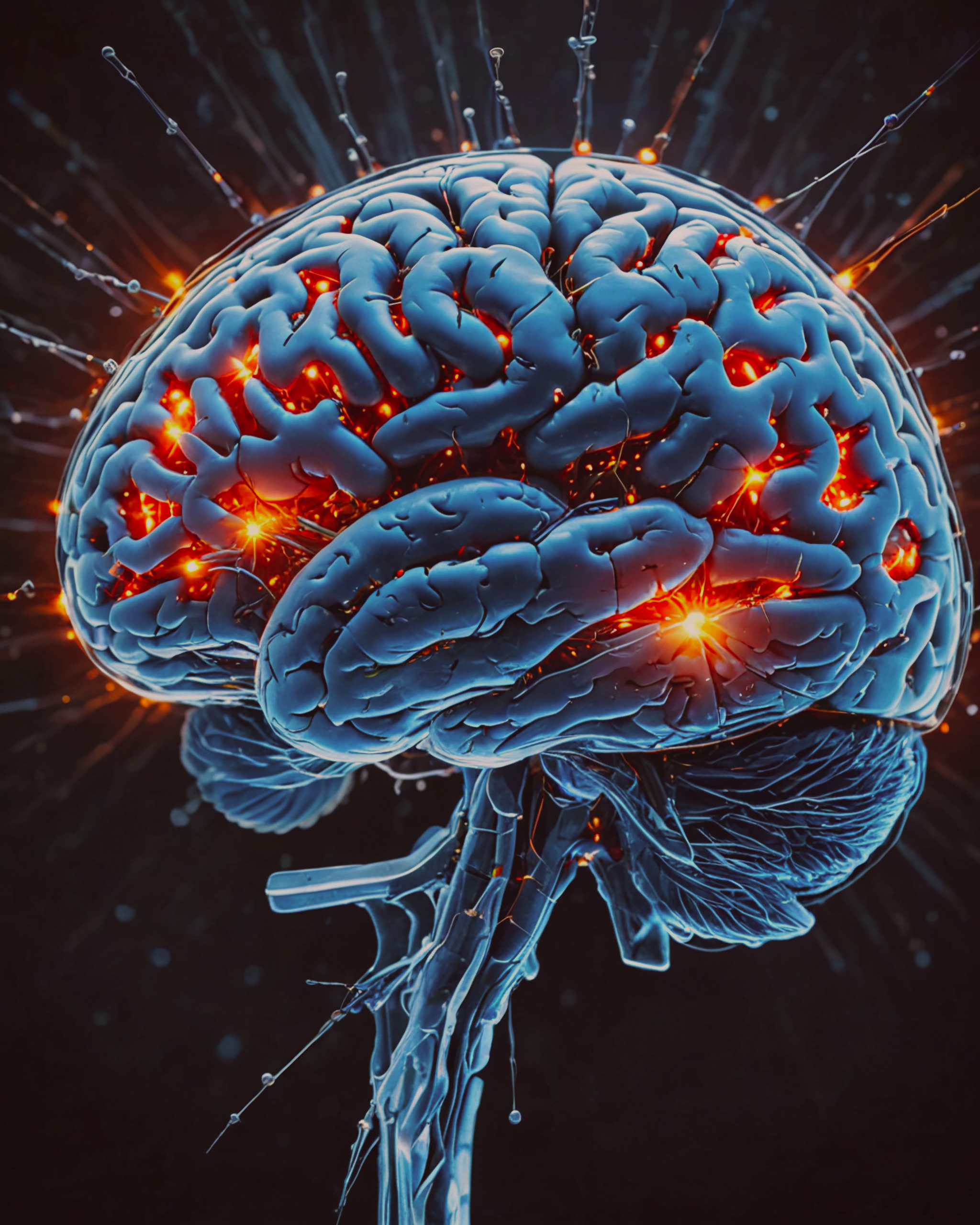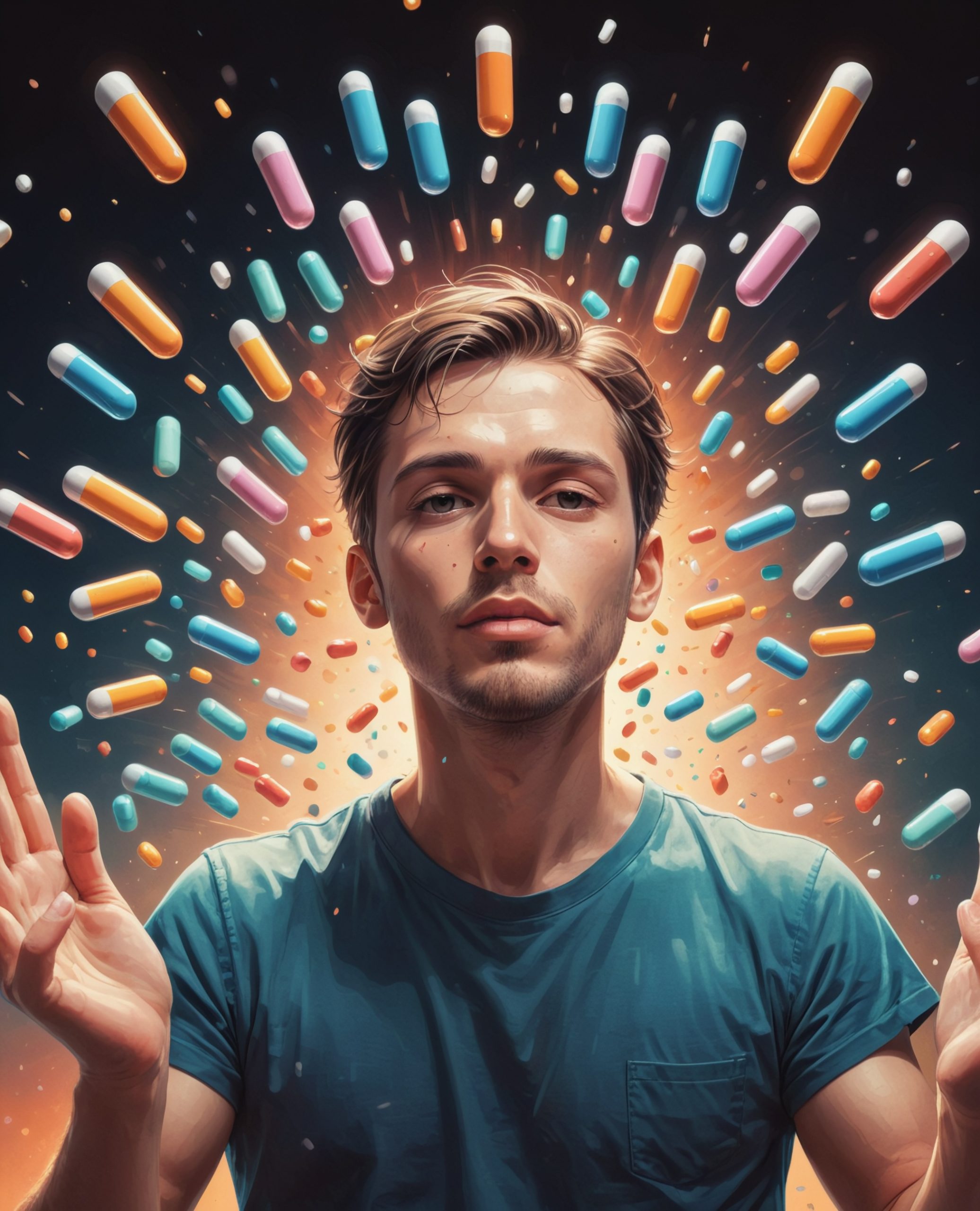A groundbreaking new study reveals the profound psilocybin brain effects when individuals take the compound in a controlled setting.
Visualizing Psilocybin’s Impact
Researchers at Washington University School of Medicine in St. Louis produced brain scans showing the psilocybin brain effects. Psilocybin is the active compound in “magic mushrooms.” The colorful images reflect a heat map of brain changes. Reds, oranges, and yellows indicate significant deviations from normal activity. Blues and greens represent standard brain function within the neural communication pathways.
Rare Insights from Brain Scans
Published in the journal Nature, these scans offer rare insights into the neural storm induced by mind-altering substances. Researchers suggest this could pave the way for understanding how psychedelics like psilocybin, LSD, and MDMA can provide long-lasting relief from mental health issues such as depression and anxiety.
Unexpected Findings
“Psilocybin, unlike any other drug we’ve tested, has an unexpected massive effect on the entire brain,” said Dr. Nico Dosenbach, professor of neurology at Washington University and senior author of the study. “The effect size was quite shocking.”
Study Details
The study involved seven healthy adults who received either a single dose of psilocybin or a placebo (methylphenidate, the generic form of Ritalin). Each participant underwent 18 brain scans before, during, and after dosing. Four participants returned six months later for an additional psilocybin session.
Results and Observations
The results showed that psilocybin caused three times greater neural disruption than methylphenidate. This disruption was especially evident in brain regions related to introspective thinking, such as daydreaming and self-reflection.
Lingering Effects
Even after the drug had left the body, scans taken days and weeks later revealed small but significant changes in brain activity. Dr. Jan Ramaekers, a psychopharmacology professor at Maastricht University, noted that these lingering effects correlate with anecdotal evidence that the benefits of psychedelic therapies may not be permanent, necessitating repeated treatments.
Disrupting the Default Mode Network
Dr. Joshua Siegel, a neuroscientist and lead author of the study, explained that psilocybin disrupted the brain’s default mode network. This network remains stable in those who received methylphenidate. “The activity in these networks became much more disorganized, and boundaries between the networks essentially evaporated,” Dr. Siegel said, likening the effect to a chaotic wave in a stadium.
Grounding Phenomenon
Ceyda Sayali, a cognitive neuroscientist at the Center for Psychedelic and Consciousness Research at Johns Hopkins University, was struck by how brain activity calmed when participants on psilocybin focused on their surroundings. This phenomenon is known as grounding. This brief return to normalcy, captured in the scans, has never been shown before.
Driving Neuroplasticity
Dr. Siegel believes the disordered brain activity might drive neuroplasticity, the brain’s ability to form new thought patterns, essential for breaking destructive behaviors. “It almost makes you a different person,” he said.
Therapeutic Implications
This study supports the idea that the psychedelic experience itself is a crucial part of the therapeutic process. While some researchers aim to develop psychedelics that offer benefits without disorientation, Dr. Siegel argues that the intense experiences play a key role in their efficacy.
Challenging the Placebo Effect
The results also challenge the notion that improvements in psychedelic therapy are solely due to the placebo effect. “Showing a neurobiological mechanism that demonstrates actual brain changes gives more substance to the argument that these drugs create lasting change,” Dr. Siegel concluded.
Revolutionizing Mental Health Treatment
This study underscores the potential of psilocybin and similar compounds to revolutionize mental health treatment, offering hope for those suffering from persistent mental health conditions. Psilocybin brain effects demonstrate how this compound can transform brain activity and provide new avenues for treating mental health disorders.



